Electrodeionisation (EDI) is an advanced water treatment method used to produce extremely pure water. EDI is usually used as a 'polishing' process to further purify water that has already been filtered, sterilised, and purified by more common methods such as reverse osmosis and membrane filtration. It is usually used in high-tech fabrication industries, such as biotech, electronics, food, and pharmaceutical factories to produce Ultrapure Water (UPW).
What Is Electrodeionisation & Is It Good Value For Money?
Topics: Deionisation, Deionised Water System
The purity of your water doesn’t only affect the quality of your end product, but also the longevity of your equipment. Your water purification strategy influences how many expensive reagents your plant uses so, while your method can become complex and expensive, it may save you money over the long term. Your highest goal is to achieve 100% pure water. Reverse osmosis and twin bed deionisation are the go-to techniques for achieving that. Both methods are budget-friendly and can be combined with an extra filtration method if needed, but which should you choose?
Topics: Reverse Osmosis, Deionised Water System
What Is Demineralised Water? How Can It Benefit My Plant?
Demineralised water is vital in many industries, and enhances many others. However, many confusions exist about what demineralised water is, why it is important, and the best ways to achieve it. Here is a plain English guide to demineralisation!
Topics: Deionisation, Deionised Water System
5 Things To Consider Before Buying a Deionisation System
Deionisation is one of the two common processes involved in commercial water purification, the other being reverse osmosis (RO). Deionisation removes a wide range of chemical contaminants by ion exchange a process which attracts & removes mineral and metallic impurities dissolved in the feed water.
Topics: Deionised Water System
The purity of industrial process water is often vital to the production process. Water contamination can cause unexpected downtime and formidable expense. There are several approaches to industrial water purification. One of them is deionisation.
Topics: Deionised Water System, Water Purification Solutions
Commercial DI Water System Cost - What Should You Be Paying?
Even though deionisation (DI) is less commonly used than reverse osmosis, many industries use this system to prepare process water for their needs. Deionised water, which meets the necessary purity standards, can be used in the pharmaceutical, microelectronics manufacturing, automotive, cosmetics, food, and other industries.
Topics: Deionisation, Deionised Water System
4 Reasons To Use Continuous Electro Deionisation For Your Industrial Water
For over fifty years now, Deionisation (also known as De-Min or ion exchange) systems have played a major part in commercial water purification operations. The proven and commonly used technology comes with many benefits and reasons to be the chosen one for your business.
Topics: Deionisation, Deionised Water System, Continuous Electro Deioniser
How Do you Choose Between a Short Cycle or Fully Regenerating Deioniser
Ion exchange deionisers with chemical regeneration have been used for 70 plus years. Along with the development of the Ion exchange resins used within the Deionisers the process has developed over time.
These developments have enabled Deionisers to provide better quality Deionised water and to provide reduced rinse up times following a regeneration.
Topics: Deionisation, Deionised Water System
5 Most Common Mistakes You Need To Avoid With Your Commercial Water Deioniser System
For pharmaceutical manufacturers, biotech companies, hospitals or any other institution where purified water is required, a water deioniser, commonly referred to as a demin system or a DI system, is generally a crucial process component.
The ionic impurities in the incoming mains water, typically salts and metals dissolved in the water as positively and negatively charged ions, can lead to poor efficiency and performance. This might be due to the formation of scale or precipitation at high temperatures. The impurities might disrupt the blending process for manufacturers or potentially introduce an unwanted contaminant into the product. Thus, they are regarded as impurities, and they must be removed, something that a DI system can do perfectly. The removal (deionisation) entails getting rid of the charged ions while leaving behind water molecules (H2O). This leads to a true water “blank” where the purified water acts as a pure solvent.
Topics: Deionised Water System
Industrial Deionised Water Systems – Are They Better Than Reverse Osmosis Systems?
Industrial deionised (DI) water systems are extremely useful for a range of applications. Reverse osmosis (RO) systems are also used in many circumstances to treat poor quality process water and make it suitable for industrial use. Deionisation is not better than reverse osmosis, simply different. Each system has its advantages, and often the two processes can be used together in the same water purification plant.
Topics: Deionised Water System






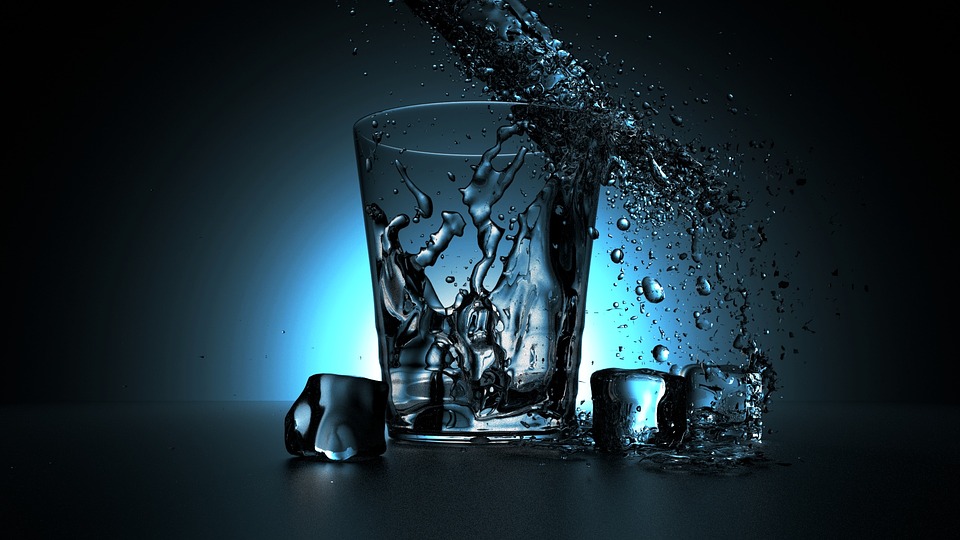

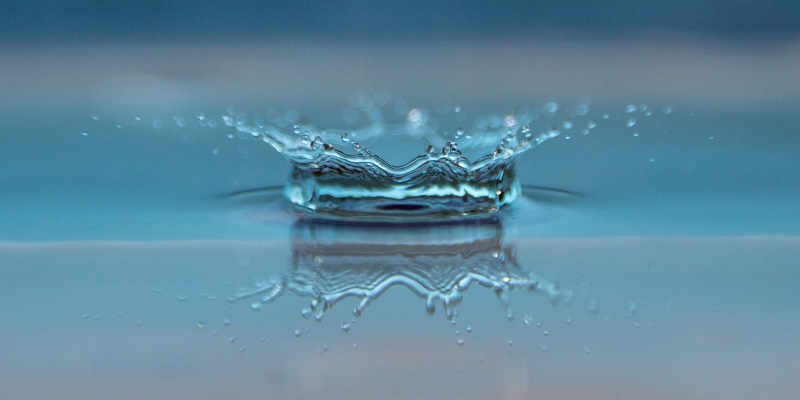
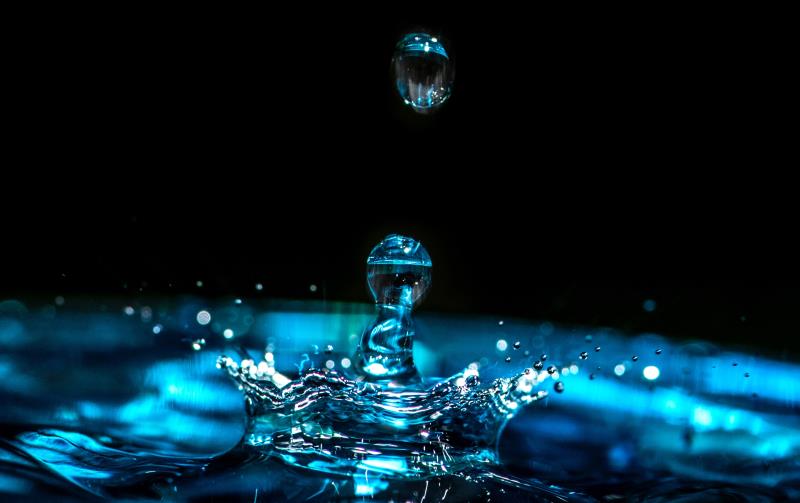
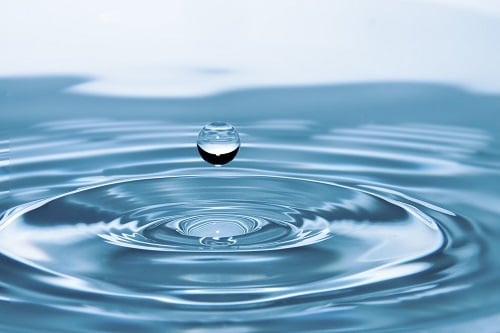
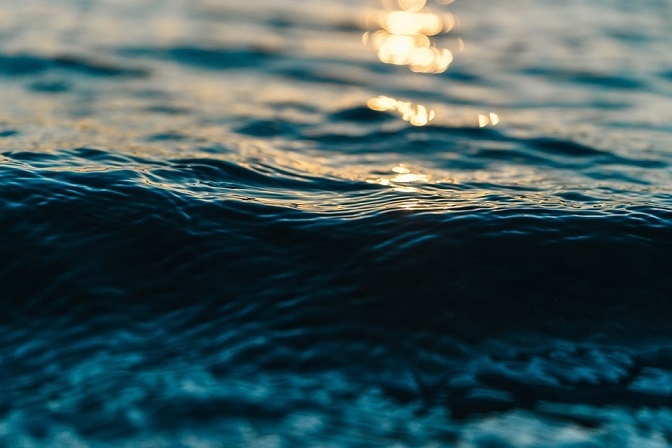
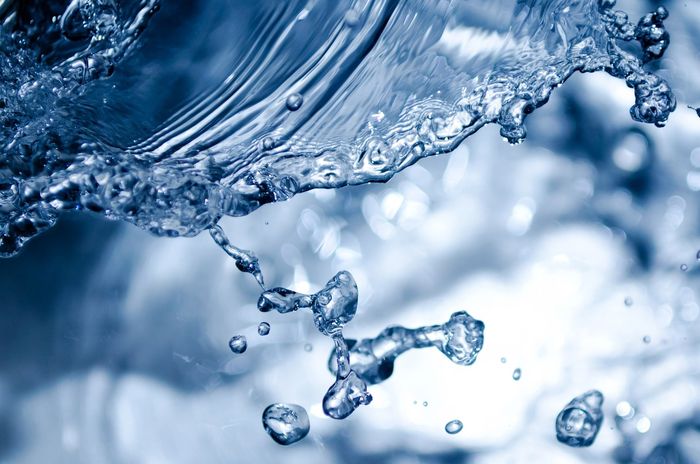
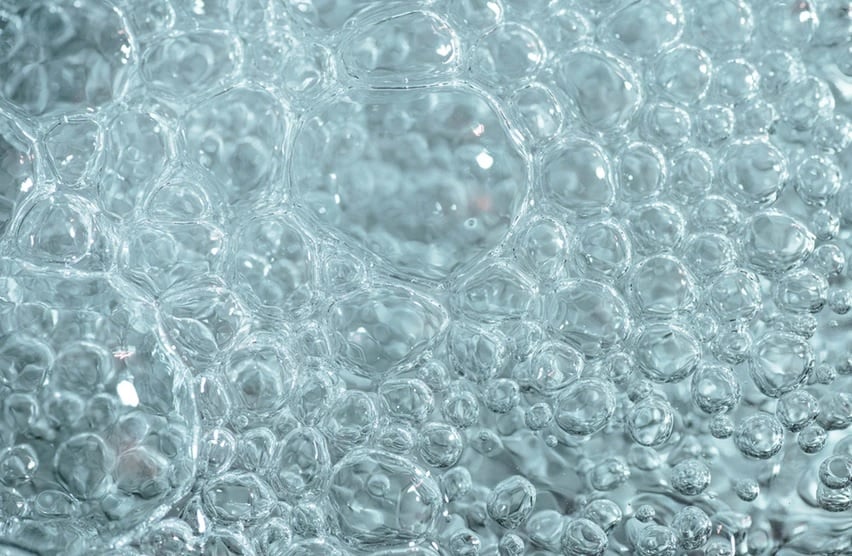
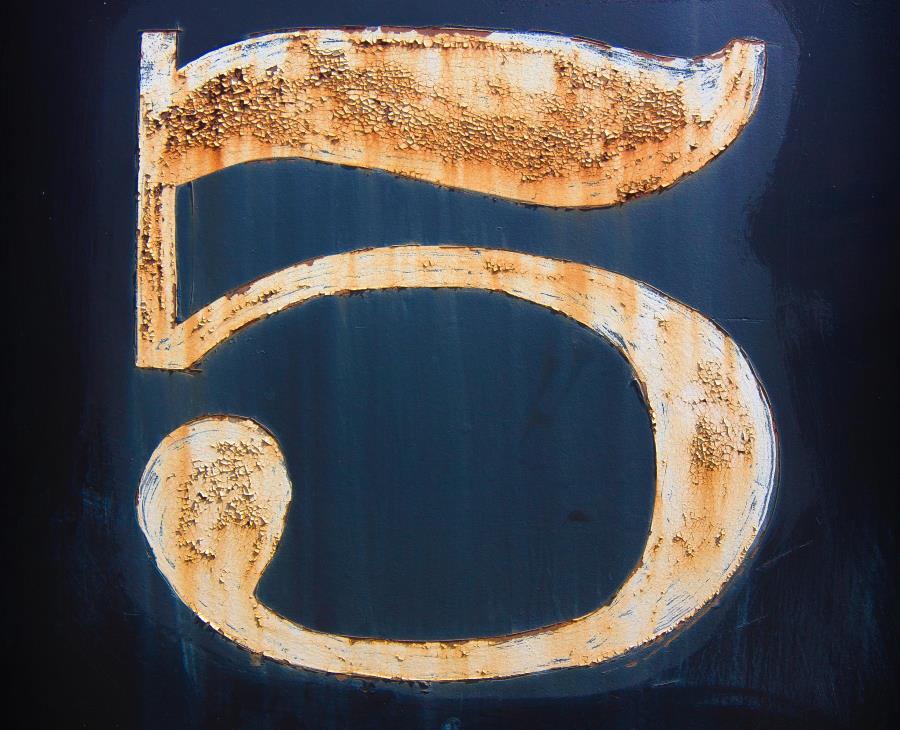
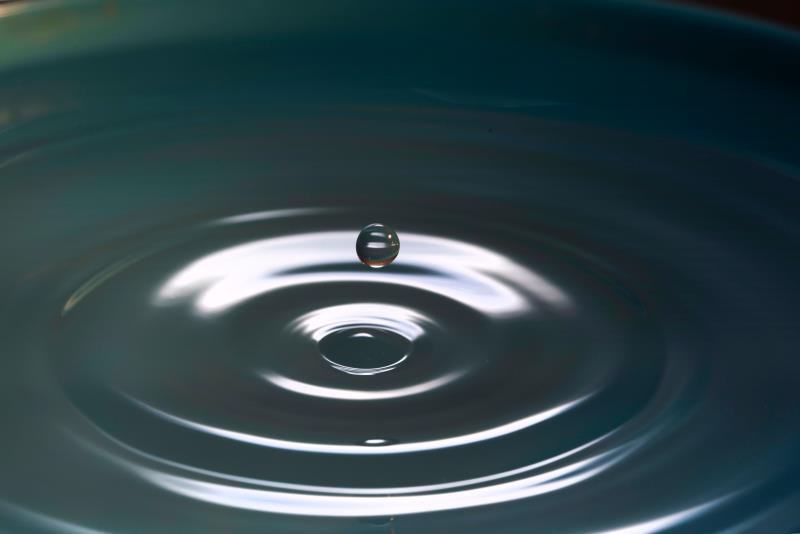
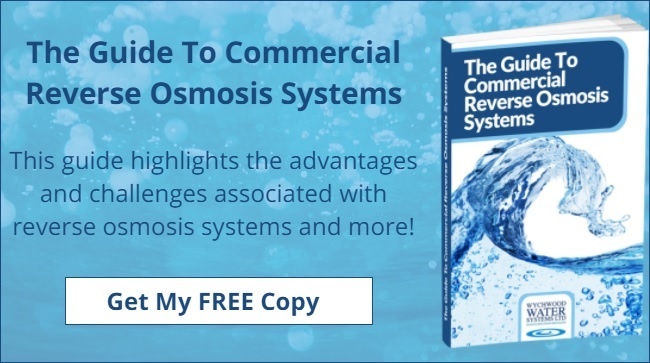

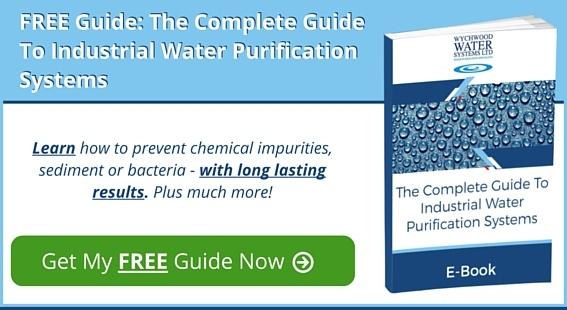
 We are a specialist independent company involved in water purification and water treatment technologies
We are a specialist independent company involved in water purification and water treatment technologies


